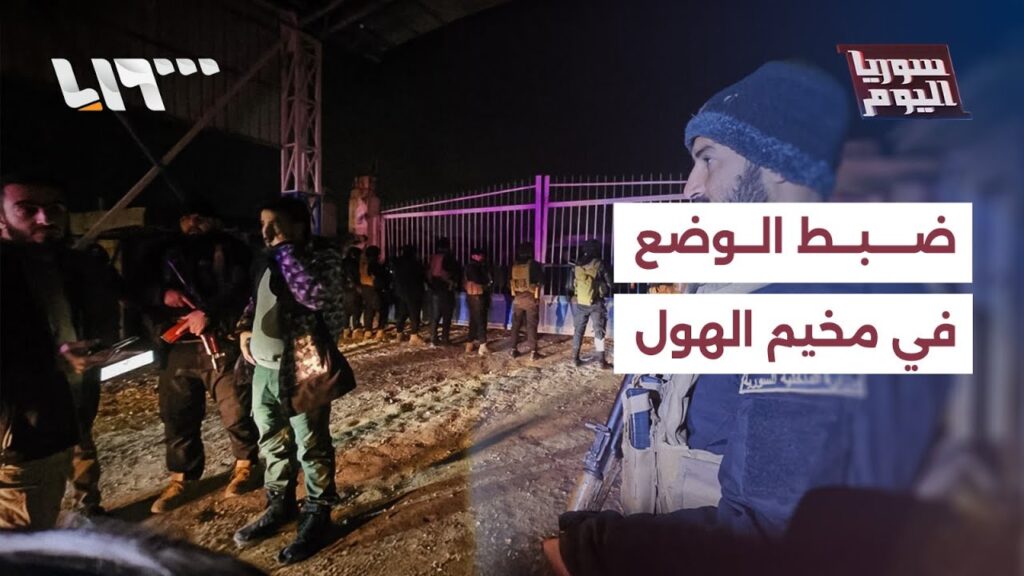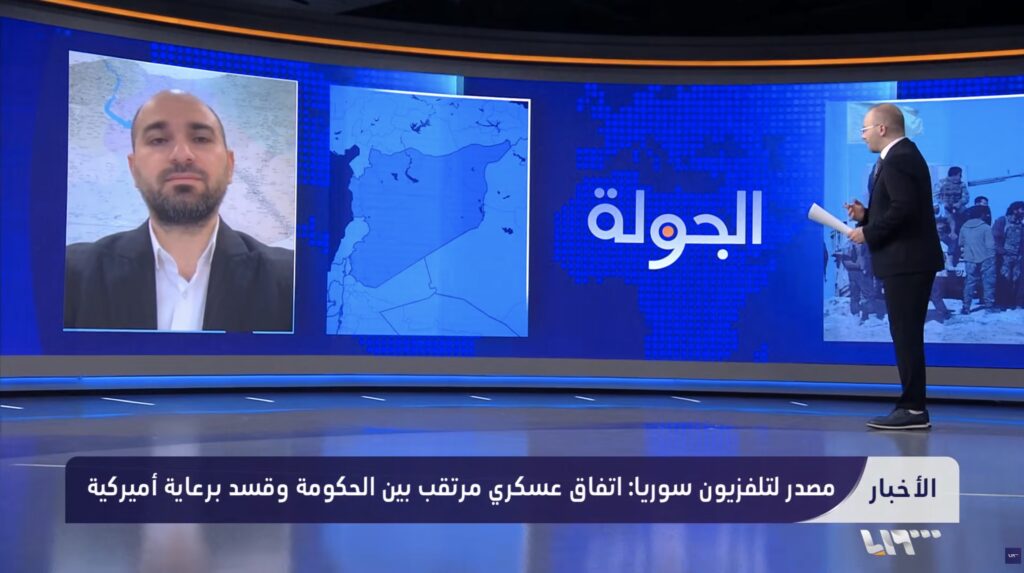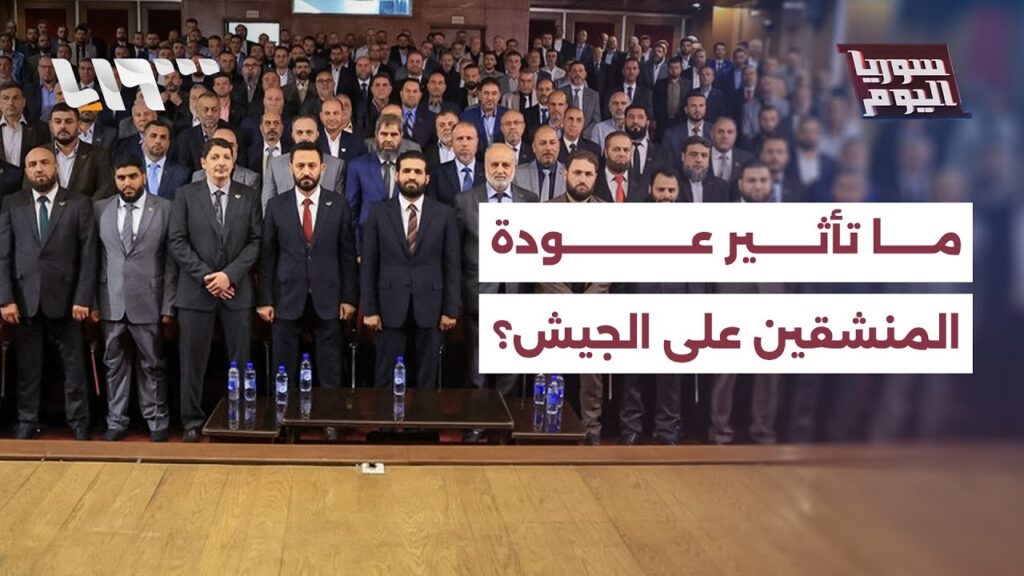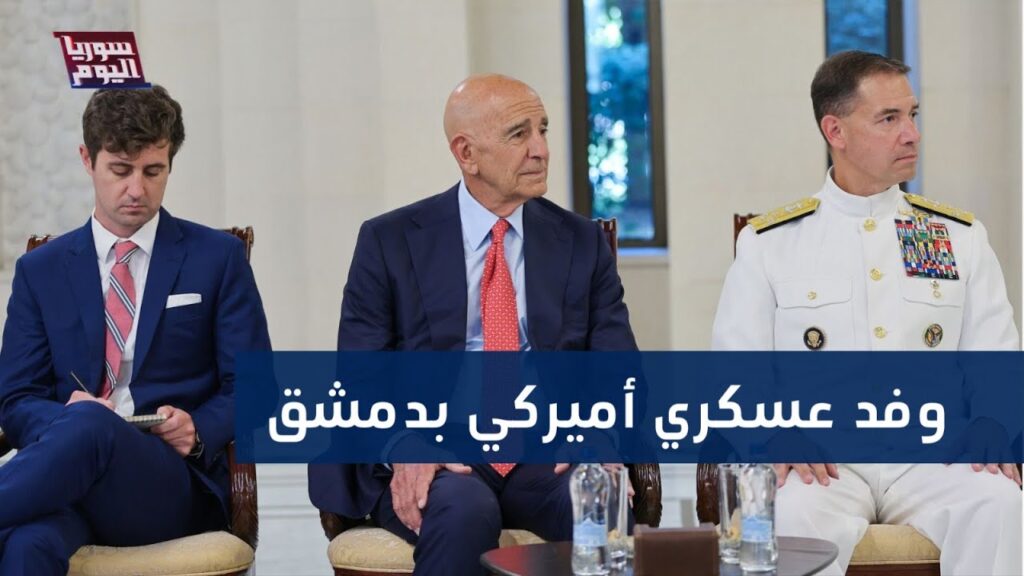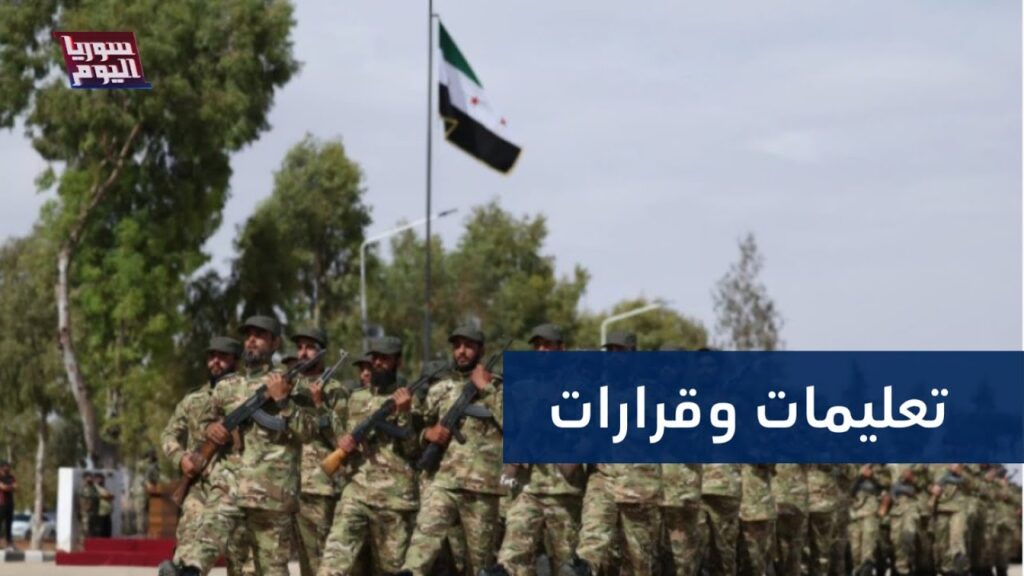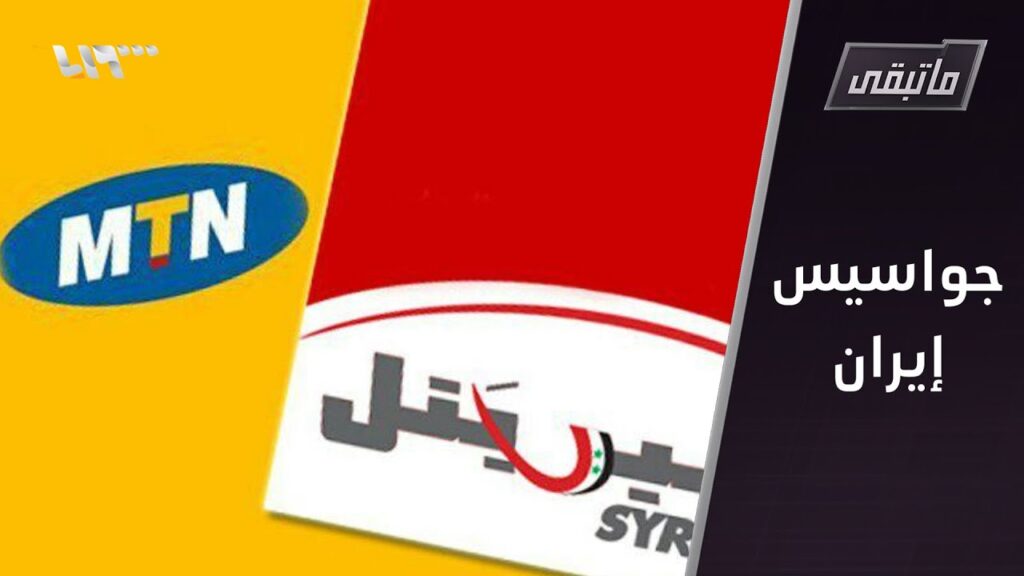A Researcher at Omran Center for Strategic Studies
Formerly a non-resident fellow at the Tahrir Institute for Middle East Policy

Latest Publications
Latest Statements
- more +lexx –
English
Seeing Muhsen AlMustafa’s statement to the Spanish newspaper elsalto, he believes that the rapid success achieved by the Syrian army in its offensive on Self-Administration areas is due to a mix of military, social, and institutional factors, most notably the development of military strategy and the army’s receiving support from some local tribes. He emphasizes that the social factor was decisive, as Arab tribes played a fundamental role in paving the way for the army’s advance, especially with local residents joining its ranks, which strengthened the legitimacy of the military operation and coordination with the population. On the political level, AlMustafa expects Syria to move toward a centralized system, while adopting broad administrative decentralization with extensive powers at the local level, without granting any region a special autonomous status.
Spanish
Según la declaración de Muhsen AlMustafa al periódico español El Salto, considera que el rápido éxito logrado por el ejército sirio en su ofensiva contra las zonas de la Administración Autónoma se debe a una combinación de factores militares, sociales e institucionales, entre los que destacan la evolución de la estrategia militar y el apoyo recibido por el ejército de algunas tribus locales. Subraya que el factor social fue decisivo, ya que las tribus árabes desempeñaron un papel fundamental al allanar el camino para el avance del ejército, especialmente con la incorporación de habitantes de la región a sus filas, lo que reforzó la legitimidad de la operación militar y la coordinación con la población. En el plano político, AlMustafa prevé que Siria se encamine hacia un sistema centralizado, adoptando al mismo tiempo una amplia descentralización administrativa con extensas competencias a nivel local, sin otorgar a ninguna región un estatus autónomo especial.
نشر في: EL SALTO2026-01-21
- more +lexx –
The researcher focused on the direct repercussions of weapon proliferation on social structure and local relations. Muhsen AlMustafa, a specialist in security and military affairs and a researcher assistant at the Omran Center for Studies, presented a broader approach that addressed the security, economic, and legislative dimensions of this phenomenon. He pointed out that the conflict in Syria imposed the need for armament at different levels and types, a need that became more pressing as the pace of confrontations escalated. With the later disintegration of the security control system, individual and medium weapons became a central element in local dynamics, not only as tools of combat but also as means of domination and control.
At the societal level, AlMustafa stated that the absence of the state, or the absence or suspension of regulating legislation, contributed to transforming weapons into an active party in the conflict and expanding the margin of individual armament, whether for self-protection or for settling locally rooted disputes. This random spread of weapons led to turning social disagreements into armed clashes, especially in rural and tribal areas.
نشر في: Syria TV2025-09-06
- more +lexx –
French
Le chercheur Muhsen AlMustafa, spécialiste des affaires militaires et sécuritaires au Centre Omran, a déclaré dans un entretien accordé à L’Orient Today (15 août 2025) que l’accord de sécurité signé le 13 août 2025 entre Damas et Ankara représente la première coopération militaire directe et officielle entre les deux pays depuis la chute du régime Assad. L’accord comprend des programmes de formation militaire, un soutien technique et consultatif, ainsi qu’une assistance logistique, ce qui en fait un tournant qualitatif par rapport à la coordination informelle ou au soutien par procuration. Selon lui, cette étape place la Turquie en position de principal parrain régional du nouveau gouvernement syrien dans le secteur de la défense, grâce à un engagement institutionnel explicite qui consacre sa présence au sein de l’architecture défensive syrienne.
Concernant la dimension régionale, il estime que l’accord ne mentionne pas directement Israël (ce qui est naturel selon lui), mais qu’il donne aux institutions de défense syriennes davantage de profondeur et de structure, contribuant ainsi partiellement au repositionnement régional de la Syrie. Cependant, il exclut que l’accord limite la capacité d’Israël à mener des frappes en profondeur en Syrie ou qu’il constitue une menace directe pour celui-ci.
S’agissant de la position arabe, AlMustafa souligne que les attitudes des pays sont divergentes : si le Qatar et l’Arabie saoudite peuvent manifester leur soutien, d’autres États comme les Émirats arabes unis et l’Égypte se méfient de l’expansion de l’influence militaire turque. Sur le plan international, il affirme que les États-Unis sont de plus en plus préoccupés par le risque de marginalisation des Forces démocratiques syriennes (FDS) ou que cette coordination turco-syrienne dépasse certains accords de sécurité antérieurs.
Il ajoute que l’accord constitue un outil de pression sur l’Administration autonome du nord-est de la Syrie, l’obligeant soit à s’intégrer dans les institutions de l’État syrien, soit à faire face à la perspective d’une nouvelle opération militaire, notamment en raison du retard des FDS dans la mise en œuvre de l’accord du 10 mars 2025 avec Damas. Il conclut que le soutien turc aux institutions militaires syriennes renforce l’autorité de l’État central et donne à Damas des cartes supplémentaires pour gérer ses dossiers internes.
English
Researcher Muhsen AlMustafa, specializing in military and security affairs at the Omran Center, told L’Orient Today (August 15, 2025) that the security agreement signed on August 13, 2025, between Damascus and Ankara represents the first direct and official military cooperation between the two countries since the fall of Assad’s regime. The agreement includes military training programs, technical advisory support, and logistical assistance, making it a qualitative leap compared to previous informal coordination or proxy support. He believes this step places Turkey as the primary regional sponsor of the new Syrian government in the defense sector, thanks to an explicit institutional commitment that entrenches its presence within Syria’s defense structure.
On the regional dimension, he noted that the agreement does not mention Israel directly (which he considers natural), but it gives Syrian defense institutions more depth and structure, thereby partly contributing to Syria’s regional repositioning. However, he rules out that the agreement will reduce Israel’s ability to conduct deep strikes inside Syria or constitute a direct threat to it.
As for the Arab stance, AlMustafa pointed out that countries’ positions are varied: while Qatar and Saudi Arabia may show support, other states such as the UAE and Egypt remain wary of Turkey’s expanding military influence. On the international level, he stressed that the United States is increasingly concerned about the possible marginalization of the Syrian Democratic Forces (SDF) or that this Turkish-Syrian coordination could bypass some previous security arrangements.
He added that the agreement serves as a pressure tool on the Autonomous Administration in northeastern Syria, forcing it either to integrate into Syrian state institutions or face the possibility of a new military operation, especially with the SDF’s delay in implementing the March 10, 2025, agreement with Damascus. He concluded that Turkish support for Syrian military institutions strengthens the authority of the central state and provides Damascus with additional leverage in managing its internal files.
نشر في: L'Orient-Le Jour2025-08-15
Appearances
- Coverage of publicationLive
- Coverage of publicationLive





